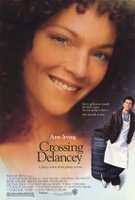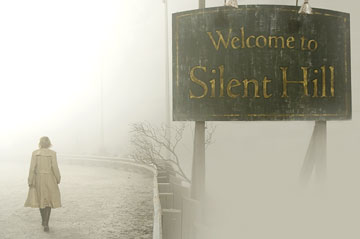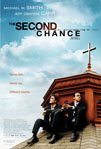DVD/VIDEO: Crossing Delancey

My Rating: ** (out of *****)
Starring: Amy Irving, Peter Riegert, Reizl Bozyk, Jeroen Krabbe, Sylvia Miles, Rosemary Harris
Director: Joan Micklin Silver
My Review:
“Tepid” is the best word I can think of to describe this wannabe charmer about a 33-year-old woman living single in New York City who - despite protestations about being “happy” the way she is - stumbles through her days as a bookseller in a quaint little downtown shop, moving casually from lover to lover in an attempt to find the right guy.
Isabelle “Izzy” Grossman (Amy Irving, who manages despite a scary 80s frizz mop) sees herself as independent, successful, and contented, though even we don’t believe her when she says so. Her traditional Jewish grandmother Bubbie (big screen newcomer Bozyk, adding some spark to a clichéd role) certainly doesn’t think so, and, with the help of a local matchmaker (Miles, absolutely frightening), arranges a date for Izzy with the local pickle salesman (a delightfully understated Peter Riegert, the only person in the film we care anything about).
The pickle guy, it turns out, is really cool – he’s fun, understated, confident, a hard worker, relatively attractive, and single. Does Izzy go for him? Nah. She prefers to flirt with a soft-core romance writer who’s so apparently sleazy (and married) that he might as well have a gold tooth and a bright-colored suit. Oh yeah, and she likes to oblige another married man, Nick (John Bedford Lloyd, looking like a homeless person), with occasional “sleepovers” at his convenience. Does this girl have any self-respect or what? Alas, Izzy’s stupidity when it comes to choosing men is so grating that we end up not really caring what happens to her. When she finally wises up and realizes that Sam the pickle man is a good catch, we’re saying: “No way, bro. She doesn’t deserve you.” And indeed, seconds before “choosing” Sam, Izzy was ready to give it away to the smarmy writer until she realized that he was essentially buying her. Ugh.
Granted, Crossing Delancey is not without its moments. As indicated, anytime Peter Riegert is onscreen, we actually have someone to root for, someone to care about. And, Reizl Bozyk as the grandmother does liven things up here and there. Overall, however, the pacing is weak, the music horrendously outdated, the cinematography unspectacular, and the writing less than inspired. Alas, the fatal flaw lies in the fact that, despite Irving’s best efforts, Izzy remains an unsympathetic character.
Doubtless, there are many who love and will love this hopelessly dated 80s feel-good flick. Call me crazy, but I’ll take Sleepless in Seattle over this silliness any day of the week.
PG, for some language including a scene with vivid sexual dialogue, and for brief partial nudity






